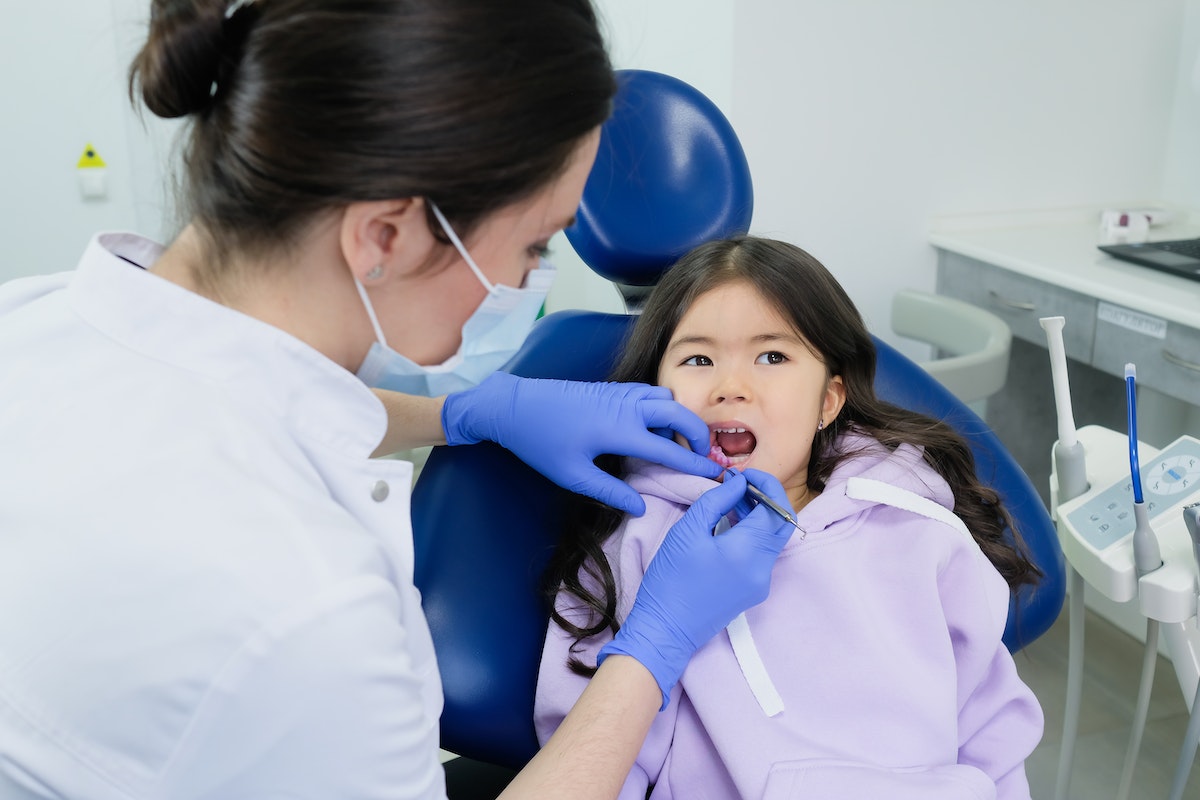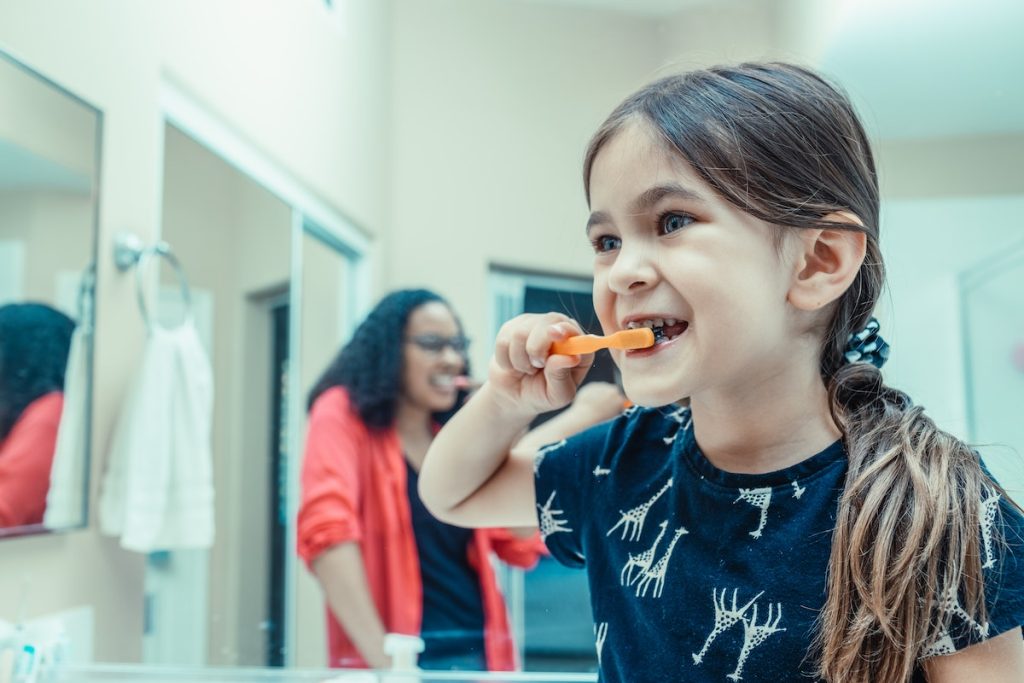- Poor dental hygiene can affect a child’s learning, eating, and socializing ability.
- Over 50% of children aged 5-17 have untreated tooth decay, while nearly 20% of 2-8-year-olds have cavities in their permanent teeth.
- Parents should identify unhealthy habits such as teeth grinding, frequent snacking, poor brushing, and thumb sucking.
- Regular dental visits are essential for maintaining a child’s dental health and preventing more severe problems in the future.
- Kids should be taught the importance of dental care and encouraged to prioritize their oral health.
Dental health is an essential part of overall health for kids, as it can help them maintain strong, healthy teeth and gums. Poor dental hygiene can lead to many issues affecting a child’s ability to learn, eat, and socialize. This makes it imperative for parents to consider the importance of dental health for their kids.
Unsurprisingly, poor oral hygiene can seriously affect children’s health. A recent survey found that over 50% of children aged 5-17 had untreated tooth decay, leading to more severe problems such as pain and infection. The same study also revealed that nearly 20% of children aged 2-8 had at least one cavity in their permanent teeth. Failing to address these issues early on can result in further problems down the road, such as tooth loss and periodontal disease.
Parents should also be aware of the potential risks of certain oral health habits. Here are a few tips to help you ensure your child’s dental health:
Identify Unhealthy Habits

Good dental hygiene is essential for kids to maintain strong, healthy teeth and gums. Parents must be aware of the potential risks of bad oral health habits that can seriously affect their children’s health. Identifying unhealthy habits is critical in ensuring a child’s dental health, so here are four areas where parents should pay extra attention.
Teeth-Grinding
Teeth grinding (or bruxism) is a habit many children develop without knowing it, often due to stress or anxiety. It can cause tooth wear, jaw pain, headache, and sleep disturbances due to loud noises from grinding. Parents should look for signs of teeth grinding during the day or at night, such as jaw clenching or a sore jaw in the morning. If this behavior continues, speak with your pediatric dentist about ways to reduce teeth-grinding incidents.
Frequent Snacking
If incorrectly done, snacking between meals can contribute to cavities and other oral issues. Parents should limit their child’s snacking frequency and ensure they eat healthy snacks such as vegetables and fruits instead of sugary treats like candy and soda. Eating high-sugar snacks too often can lead to rapid primary and permanent teeth decay.
Poor Brushing Habits
Children should brush their teeth at least twice a day with fluoride toothpaste – once when they wake up in the morning and once before bedtime – for two minutes each time. Poor brushing habits, such as not using enough toothpaste or brushing too hard, can damage enamel and make it easier for bacteria to get into the mouth and cause decay or gum disease. Parents should encourage proper brushing techniques by demonstrating good habits or using tools such as timers or electric brushes to make brushing fun for kids.
Thumb-Sucking
Thumb sucking is a common habit amongst young children and can be comforting for them. However, if done too frequently or for extended periods, it can cause dental malocclusion in the form of an overbite or open bite. Parents should try to wean their child off thumb-sucking by providing alternative forms of comfort, such as cuddles or stuffed animals, when they feel the urge to suck on their thumb.
Pursue Regular Dental Visits

Regular dental visits are essential for maintaining a child’s dental health. Regular checkups can help identify potential issues early on, such as cavities or gum disease, and can avoid more severe problems in the future. Even with proper at-home oral hygiene habits, such as brushing twice a day with fluoride toothpaste and flossing regularly, there may still be underlying issues that require professional attention.
Dental visits should start when a child is one year old or earlier if there is cause for concern. During these visits, your dentist will thoroughly examine your child’s mouth and jaw, checking for decay or other signs of unhealthy teeth and gums. X-rays may also be taken to prevent areas of decay not visible to the naked eye. Your dentist will provide personalized advice on how to best care for your child’s teeth and gums, whether by changing their diet or using additional preventive products such as fluoride rinses or sealants. Your kid might also need necessary braces if they have severe misalignment of teeth.
Make Kids Prioritize Dental Care
Parents should also teach their kids the importance of dental care. Educate them about the basics, such as brushing and flossing regularly and eating healthy snacks, but also encourage them to prioritize oral health by going for regular checkups at a dentist and speaking up if something doesn’t feel right in their mouth. This will help kids understand why dental care is essential and give them the confidence to take ownership of their dental health.
Final Thoughts
Parents must consider all these points when caring for their child’s oral health. Following these tips and visiting the dentist regularly can help ensure their kid has solid teeth and gums into adulthood!











